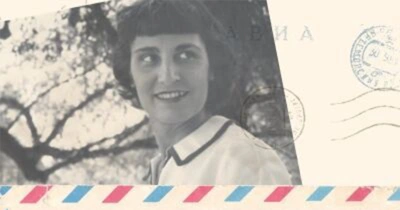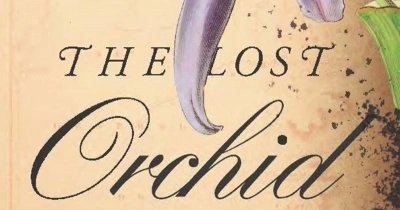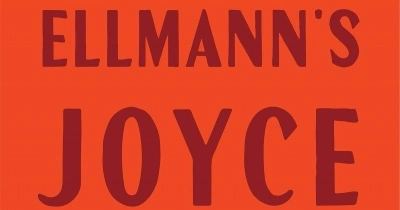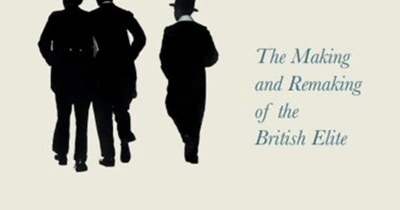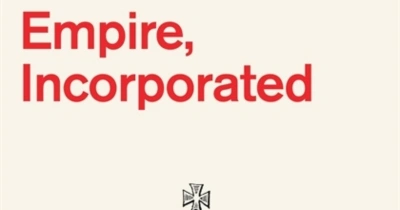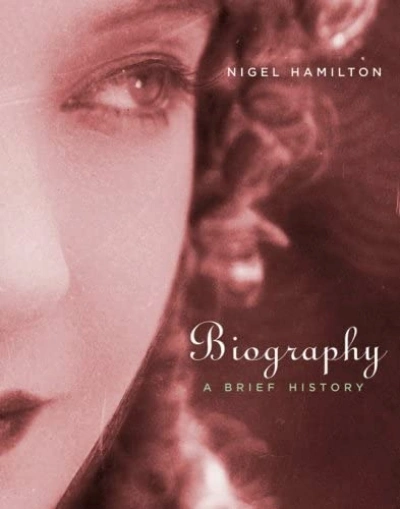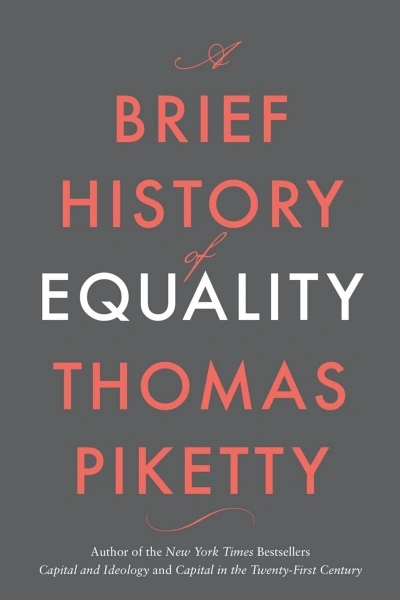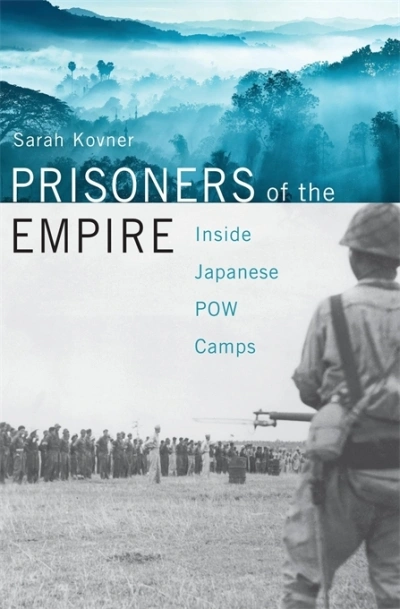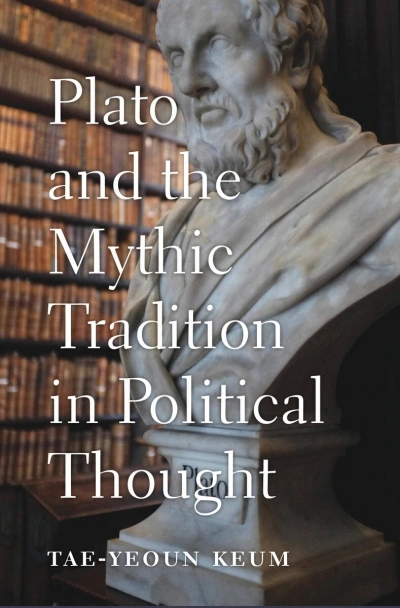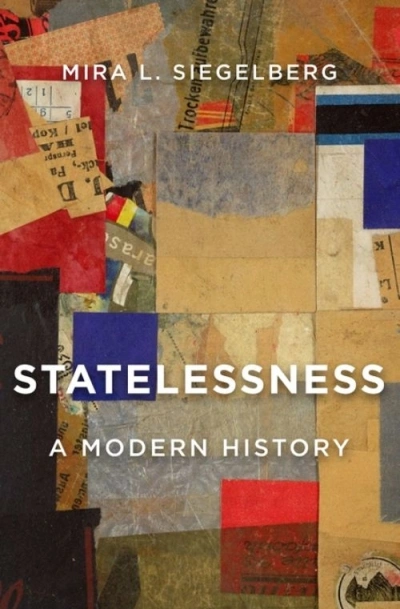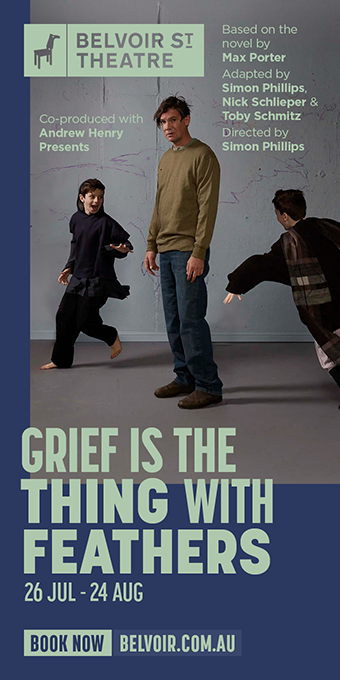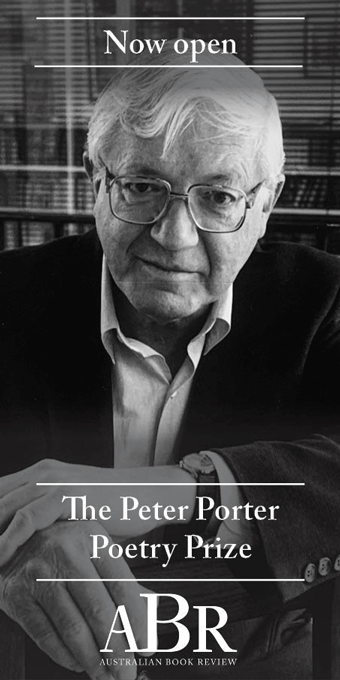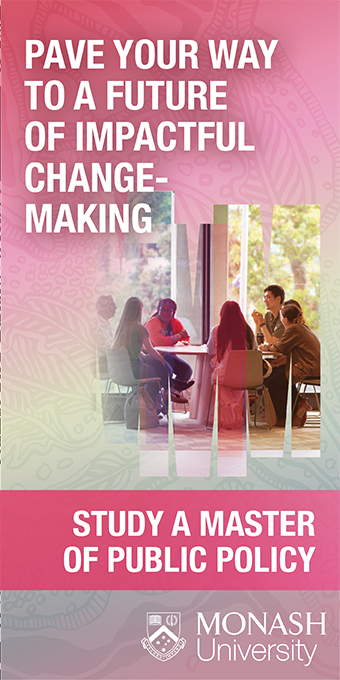Harvard University Press
Dear Unknown Friend: The remarkable correspondence between American and Soviet women by Alexis Peri
by Ebony Nilsson •
The Lost Orchid: A story of Victorian plunder and obsession by Sarah Bilston
by Danielle Clode •
Ellmann’s Joyce: The biography of a masterpiece and its maker by Zachary Leader
by James Ley •
Born to Rule: The making and remaking of the British elite by Aaron Reeves and Sam Friedman
by Gordon Pentland •
Empire, Incorporated: The corporations that built British colonialism by Philip J. Stern
by Clinton Fernandes •
A Brief History of Equality by Thomas Piketty, translated by Steven Rendall
by Yassmin Abdel-Magied •
Prisoners of the Empire: Inside Japanese POW camps by Sarah Kovner
by Joan Beaumont •
Plato and the Mythic Tradition in Political Thought by Tae-Yeoun Keum
by Knox Peden •


